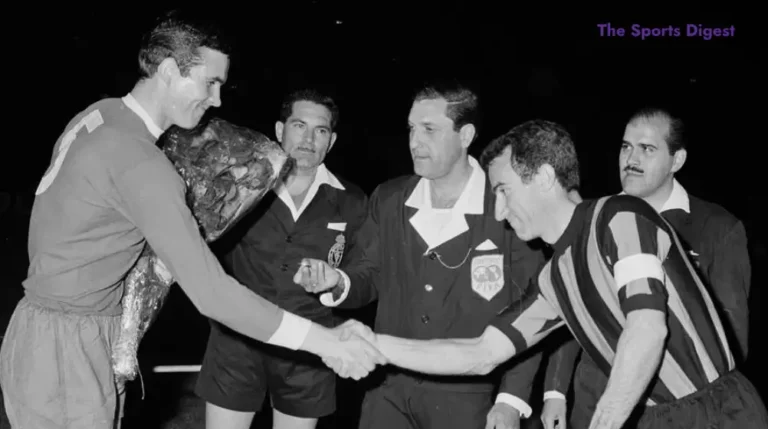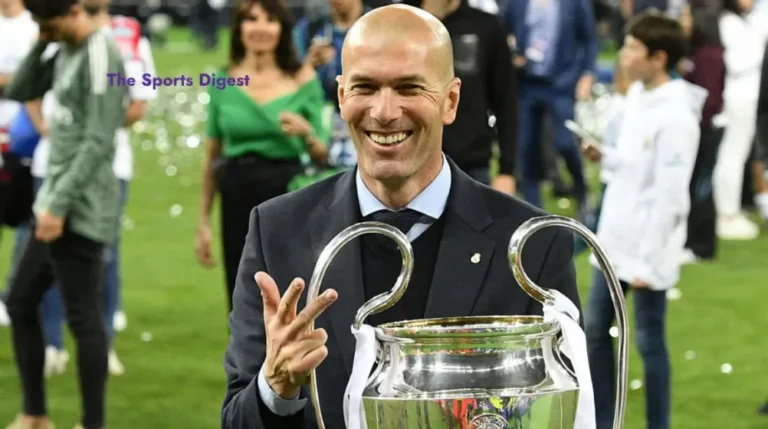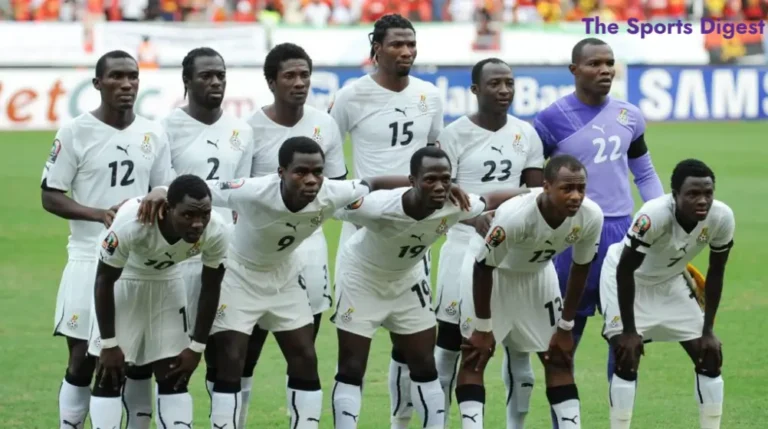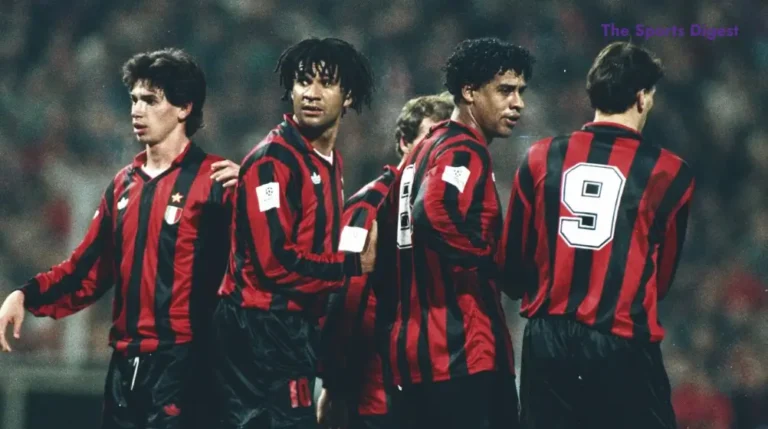Euro 2000: France’s Golden Generation Triumph
The Euro 2000 final epitomized France’s footballing excellence, marked by a dramatic late comeback against Italy. Sylvain Wiltord’s stoppage-time equalizer and David Trezeguet’s golden goal in extra time secured a memorable victory, completing a remarkable “grand slam” following their 1998 World Cup triumph.
This victory represented the pinnacle of a golden generation, featuring experienced players like Frank Leboeuf and Emmanuel Petit. However, the subsequent 2002 World Cup group stage exit would later highlight the fragility of such success.
Table of Contents
II. Contextualising the Success: A Golden Generation
From 1998 to 2001, France was widely regarded as the world’s best national team, dominating European and global football. Marcel Desailly, a key player during this period, reflected on their success, citing their unity, tactical brilliance, and individual talent. The team’s crowning achievement came with their Euro 2000 victory, solidifying their place as the premier footballing nation.
However, some argue that this success might have inadvertently delayed the necessary regeneration of the squad. The team’s dominance in both the 1998 World Cup and Euro 2000 created high expectations, but this success may have masked the need for fresh talent and strategic evolution. This period of supremacy, while remarkable, raised questions about how long such success could be sustained without rejuvenating the team.
Two figures stood at the center of this success: Didier Deschamps and Zinedine Zidane, whose tactical intelligence and creative brilliance defined the team’s approach.
III. Roger Lemerre: Continuing a Winning Legacy
Lemerre’s journey to the national team’s helm was notable:
- Initially an assistant to Aimé Jacquet during the 1998 World Cup
- Promoted to head coach after Jacquet became technical director
- Benefited from Jacquet’s management philosophy
- Maintained continuity, seeing little need for radical changes
IV. Aimé Jacquet’s Foundational Work
Jacquet’s path to success was far from smooth:
- Controversial squad selections at Euro 1996, prioritizing younger players
- Faced significant media criticism for defensive tactics
- Endured calls for his removal after disappointing results
- Demonstrated remarkable resilience by adhering to his strategic vision
V. Squad Composition and Evolution
Lemerre largely maintained the World Cup-winning core, with subtle but significant adjustments:
- Reduced role for Christian Karembeu
- Departure of Stéphane Guivarc’h
- Emergence of new forwards like Wiltord and Nicolas Anelka
- Continued reliance on Thierry Henry and Trezeguet
VI. Tactical Sophistication and Zidane’s Influence
The team employed flexible formations, primarily 4-2-3-1 and 4-3-1-2. Zidane emerged as the quintessential number 10:
- Limited pace but exceptional technical ability
- Dictated attacking rhythm through intelligent dribbling
- Thrived in an era with less intense pressing
- Enabled by midfielders like Petit and Patrick Vieira, who covered extensive ground
VII. Defensive Organisation and Midfield Dynamics
The team’s defensive strategy was sophisticated:
- Laurent Blanc’s forward movements when Deschamps was marked
- Concerns about aging defenders’ agility
- Compact defensive shape
- Zidane’s defensive contributions: initial pressing, then strategic positioning
- Ability to adapt to opponents’ central play
VIII. The Euro 2000 Final: A Tactical Masterclass
The final against Italy was a nuanced tactical battle:
- Lemerre’s strategic lineup, including Djorkaeff
- Deep vertical passes to Henry
- Tactical flexibility from wingers like Dugarry
- Challenging Italy’s compact 5-2-3 defense
- Neutralizing Italy’s attempts to limit Zidane
- Midfield versatility enabling control despite not dominating possession
IX. The Comeback: Resilience and Triumph
The match’s narrative was defined by:
- Conceding first to Alessandro Delvecchio
- Drawing on semi-final experience against Portugal
- Lemerre’s calming influence
- Wiltord’s crucial late equalizer
- Trezeguet’s golden goal winner
X. Legacy and Reflection
The team’s impact extended beyond the tournament:
- Many players transitioned to coaching and punditry
- Delivered iconic moments in football history
- Set a benchmark challenging for current French national teams
This generation represented more than a football team—they were cultural icons who redefined French football’s global perception, blending tactical intelligence, individual brilliance, and collective resilience.
Have you ever read an article like this?
There are no reviews yet. Be the first one to write one.






